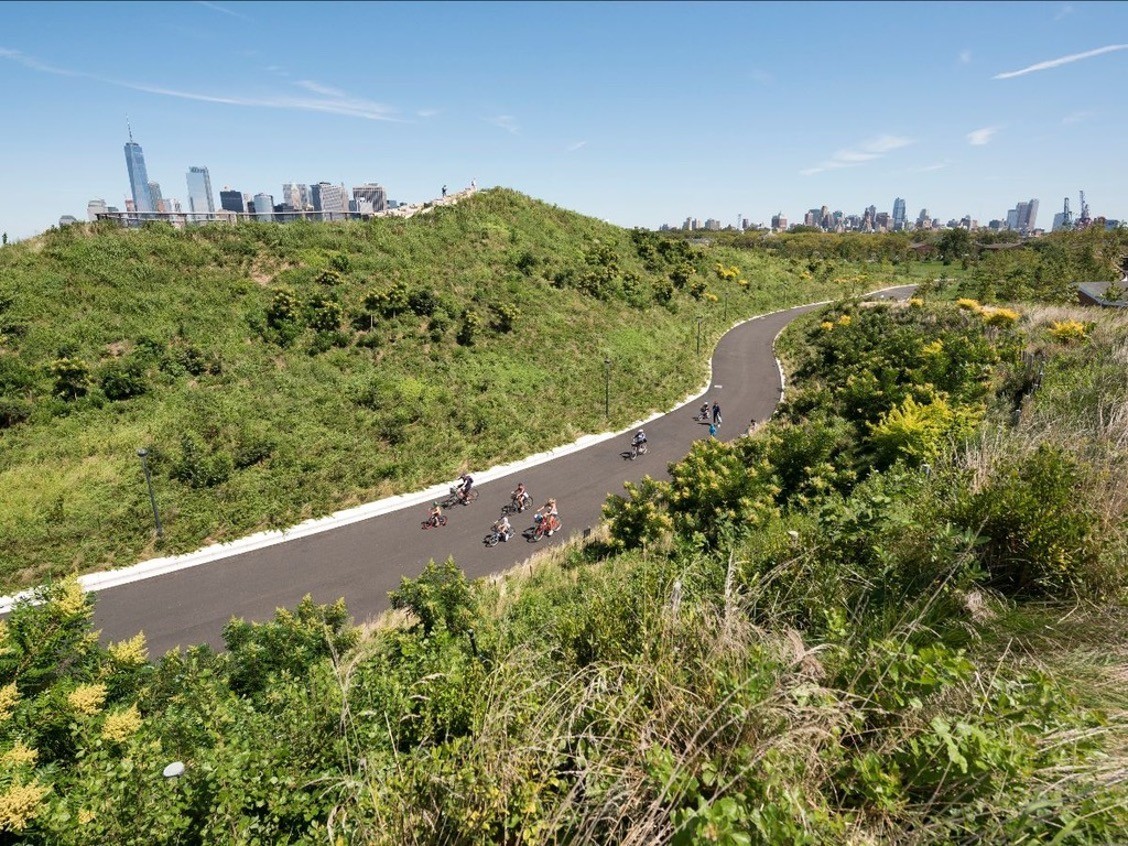
The course is organized around core principles of civic design, public health and landscape systems at the scale of the watershed – including riverine and wetland systems, steep slopes subject to erosion, soil stability and soil quality, and varied forests, meadows, wilds and productive landscapes. The overall structure of the course introduces ‘The Five Swiss Watersheds Project’ (Adige, Danube, Po, Rhone, Rhine) in light of climate change and Switzerland’s existing habitats, communities, and material cycles. In this ‘dual network’, ‘nature and culture’ interpretation of landscape the interactions and dependencies of rural and urban settlements are mirrored in the physical intersections of river corridors and highway overpasses: these ‘crossings’ are a subject of particular interest in regards to public health.
There are three types of lectures. The first category consists of introductory lectures that give an overview of the topics and methodology, providing a coherent series of global examples of ‘civic landscapes for public health’, considered then in relation to conditions in Switzerland by way of comparison. The second category of lectures are presentations from local experts in each of the specific topics covered in the course. Thirdly are group and individual research and design exercises that will reveal the explicit relationships between environment and well-being, demonstrating the fundamentally civic nature of landscapes for public health.
Organization
Contact: Matthew Skjonsberg
Chair of Christophe Girot, Landscape Architecture
Institute of Landscape and Urban Studies (LUS)